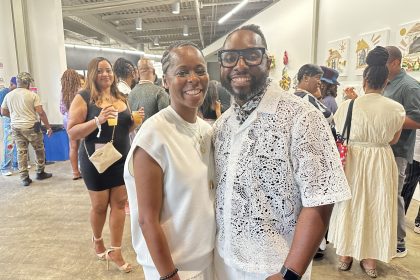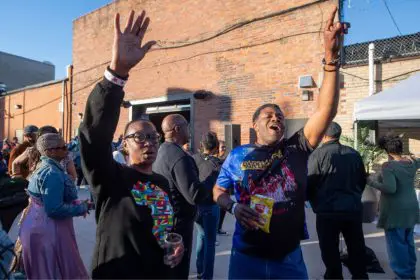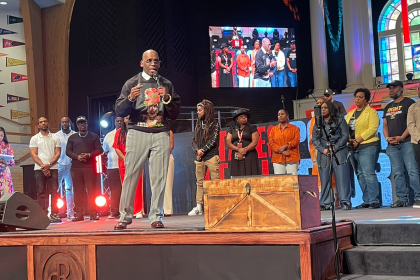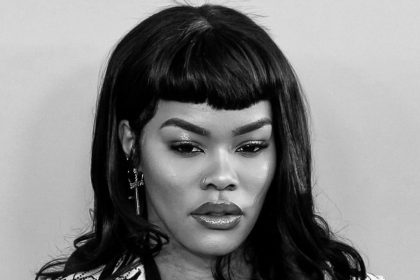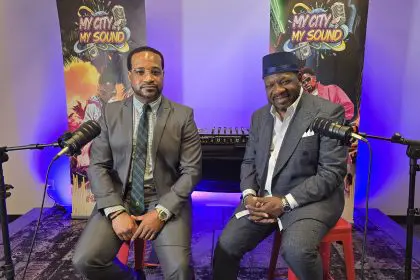
What is the mission of the Tubman Museum?
The mission of the Tubman Museum is to educate people about African-American art, history and culture.
How long of a process was it to bring the Tubman museum into its current status and location?
It’s been a kind of a prolonged process actually. The construction started in 2001on the exterior of the building and we are just finally bringing it to conclusion. Part of the delay was the terror attacks in 2001, but the wonderful part is that we have this much anticipated and needed resource and attraction here in Macon.
Why should a family travel to Macon now instead of going to a museum in Atlanta?
For one thing we are a very distinctive museum. Our focus is on African American history, art and culture so we are one of the few museums not only in the region, but the nation that combines art history as a way of telling important stories. What we find is that this allows people to come at this in several different ways and to appreciate. Art sometimes is not only a reflection of but a comment on an event or a story. At heart what we are finding is that the museum is more in the tradition of a West African griot or an oral storyteller/historian. We are also an artist and many times musician and so one of the exciting things about us is that because of that art component we work in some ways and even more so in this space as both a traditional museum but also a cultural center. All of our outreach work is done through the visual and performing arts for the most part.
Is there any particular artifact at the museum that really speaks to you?
There are a number of those and some of them are even in our history collections, which are some of these 3 dimensional artifacts that reference Jim Crow. Which is unfortunately today is an aspect of this nation’s history that is not understood. We have right outside the museum a monument that was part of a park here that was restricted to Whites only. So I think what that gives is a kind of perspective for the people who come here and gives another kind of added element to the stories that we tell. This isn’t just some kind of superficial examination of an historical event it is one that explores them in many ways.


